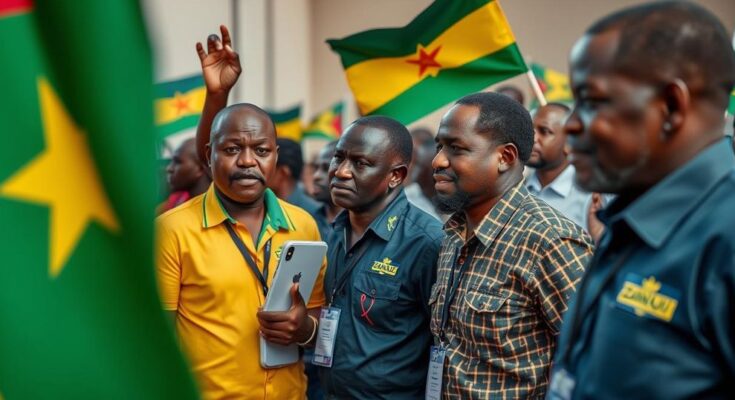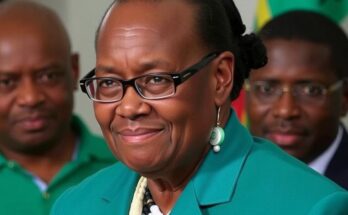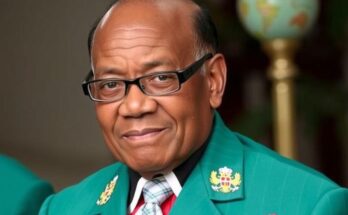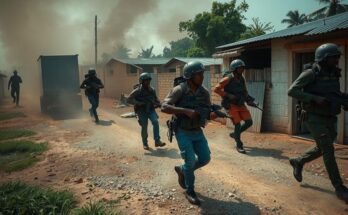A notable number of Zanu PF supporters, including a former councillor, voted in Mozambique’s elections, raising concerns about the legitimacy of the results favoring Frelimo’s Daniel Chapo. This act, reminiscent of historical ties between the two parties, involves possible electoral manipulation and reflects broader regional political dynamics. Opposition figures have condemned Zanu PF’s influence in neighboring countries’ elections, citing risks to regional stability.
Numerous Zanu PF supporters, including a former council representative, participated in the recent general elections held in Mozambique. This development has raised questions regarding the legitimacy of the election results, which currently favor the Frelimo party candidate, Daniel Chapo. Frelimo, a dominant political entity in Mozambique, is historically linked with Zanu PF, as both parties were allied during their respective liberation struggles. In Zimbabwe’s major cities, including Masvingo, Chegutu, Mutare, and Harare, hundreds of individuals turned out to vote, with reports of possible electoral fraud circulating. Some voters, like Spiwe Maparanyanga, expressed their motivations for voting, stating, “We have just voted in the Mozambique elections so that we might also cross the border safely when we want to go and buy goods for resale. We also like Frelimo, which we voted for.” There have also been claims that young people and the elderly were provided with authentic Mozambican identification documents to ensure their votes aligned with Chapo’s candidacy. Despite the absence of official results, Chapo reportedly faced considerable competition from former RENAMO member, Venancio Mondlane, who enjoys significant support from the youth demographic. Former Zanu PF councillor, Edison Manyawi, drew attention by openly announcing his vote for Frelimo, acknowledging that partnering with Mozambique is essential due to their historical support, saying, “We are happy with what we did because Mozambique is our neighbour and helped us during the liberation struggle, so we would not hesitate to help them win the elections.” Conversely, opposition figure Job Sikhala criticized Zanu PF, labeling it as a regional threat. He remarked, “This political party has become a danger to all SADC countries,” referencing alleged interference by Zanu PF in the electoral processes of other Southern African countries. Sikhala particularly mentioned Zanu PF’s efforts to support Edgar Lungu in Zambia, despite Lungu being previously ousted. He concluded that Zanu PF’s involvement in regional politics poses risks to democratic processes in the Southern African Development Community (SADC).
The article addresses the participation of Zanu PF supporters in Mozambique’s general elections, highlighting the historical ties between Zanu PF and Frelimo resulting from their joint efforts in the liberation movements during their respective independence struggles. The political landscape in southern Africa is sensitive, with deep-seated concerns regarding election integrity, political alliances, and regional stability. The article sheds light on the implications of such cross-border political activities, particularly the potential for manipulation and influence of Zanu PF in neighboring countries’ political affairs.
This situation underscores not only the complex relationship between Zanu PF and Frelimo but also raises critical concerns regarding electoral integrity in Mozambique. The involvement of foreign nationals in national elections, coupled with allegations of organized efforts to sway voter behavior, poses significant questions about the democratic processes within the Southern African region. As Zanu PF continues to navigate its relationships with neighboring countries, the ramifications for regional politics and electoral credibility are substantial.
Original Source: www.newzimbabwe.com




